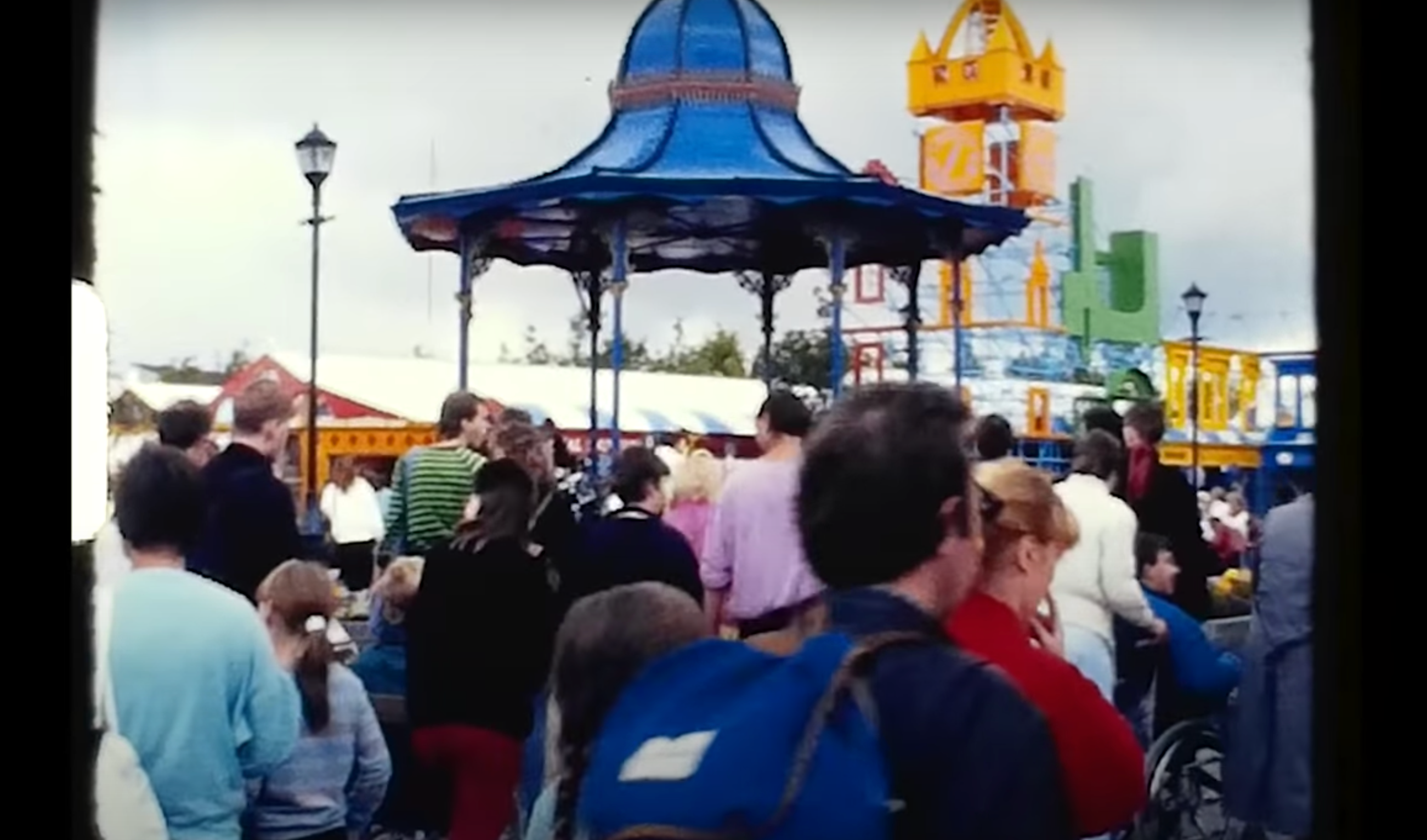Archaeologists begin dig to uncover remnants of 1988 Glasgow festival
Festival held in 1988 seen as particularly important in re-imagining of Scottish city

Your support helps us to tell the story
From reproductive rights to climate change to Big Tech, The Independent is on the ground when the story is developing. Whether it's investigating the financials of Elon Musk's pro-Trump PAC or producing our latest documentary, 'The A Word', which shines a light on the American women fighting for reproductive rights, we know how important it is to parse out the facts from the messaging.
At such a critical moment in US history, we need reporters on the ground. Your donation allows us to keep sending journalists to speak to both sides of the story.
The Independent is trusted by Americans across the entire political spectrum. And unlike many other quality news outlets, we choose not to lock Americans out of our reporting and analysis with paywalls. We believe quality journalism should be available to everyone, paid for by those who can afford it.
Your support makes all the difference.Archeologists excavating a Glasgow park have begun to find traces of a different landscape hidden beneath the grass.
The findings are not the type usually associated with an excavation and date back only 34 years.
Archeologists are not on the hunt for an ancient settlement; they are instead looking for traces of the Glasgow Garden Festival.
A team from the University of Glasgow team is attempting to fill gaps "between written records and memories" of the festival, held in 1988.
It originally took place in Glasgow, south of the River Clyde, and was seen as particularly important in the re-imagining of the city, following the loss of heavy industry there.
The excavations, along with geophysical surveys, started on Monday at Festival Park, on Govan Road.
Owned by the council, it is the last undeveloped part of the original 120-acre garden that inspired Glaswegians and visitors to come and discover the city and its culture in a fresh way.
Green space was made from declining dockyards and a theme park was created with daily live performances and artwork.
The festival was attended by 4.3 million people over five months in the summer of 1988 and was opened by Prince Charles and Princess Diana.
The After the Garden Festival project, together with the University of Glasgow, is working with Glasgow City Heritage Trust to record what went on at the festival and try to determine what happened to the artworks which were commissioned.
Dr Kenny Brophy, the senior lecturer in archaeology who is in charge of the excavation, told BBC’s Good Morning Scotland that he had childhood memories of the garden festival.
He said: "I’m pretty sure that people’s memories are starting to fade and I am hoping we can both provoke those memories and also start to fill in some of the gaps of the festival site.”
"First of all, we are doing some geophysical surveys to find out if anything still survives within the grassy spaces in the park," he added.
"For instance, today and yesterday we were working in the area that used to house the Bowmore distillery site and also a Highland restaurant, that I have no memory of being there as a child.
"Hopefully there are still some traces of that."
On the first day of the excavation, his team built a trial trench and already discovered cobbles from the original landscaping.
Dr Brophy went on to add that he hoped to find some coins from 1987 and some “other goodies” thrown into “watery places” by people who attended the festival.
The archaeology expert also called the excavations a “great opportunity to show that archaeological techniques can help to shed light on our contemporary world, and not just the ancient past”.
The area will be open for the public to observe the excavations on Saturday 28 May, between 10am and 3pm.
The team also hopes that the general public will “bring along their memories and photographs of the festival”.
Project leader Lex Lamb said that the team was aiming to “create a lasting resource” and added that they are “appealing to those who may have knowledge of the locations of items that originated from the Garden Festival, as well as those with photographs and other information, to submit them to us via the website”.
Join our commenting forum
Join thought-provoking conversations, follow other Independent readers and see their replies
Comments